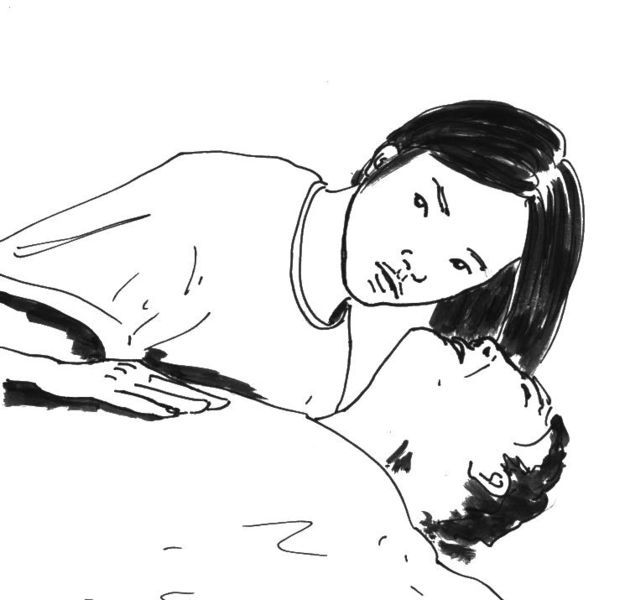
Heyman Center for the Humanities, Common Room,
Arden Hegele, Heidi Hausse, Carmel Raz, Lan Li
The Society of Fellows and Heyman Center for the Humanities
Center for Science and Society
The Institute for Comparative Literature and Society
Explorations in the Medical Humanities
Speaker: Roger Grant (Wesleyan)
Discussant: Benjamin Steege (Music Department)
Chair: Carmel Raz
This talk traces a genealogy of affect theory from the early modern era through to the present day, establishing the central significance of music for this history. It demonstrates that the theory of affect we have inherited today has its origins in eighteenth-century aesthetic debates concerning music’s capacity to function as a sign and to move its listeners. In the early modern era,the affects were important components of an elaborate semiotic system that sought to explain the impact of art.Today, by stark contrast, affect is often explicitly opposed to theories of the sign and of representation; theorists describe affect as corporeal and immediate, working on our autonomic systems. The genealogy elaborated in this paper shows how affect theories became separated from theories of representation, and it illustrates the central and surprising role that music played in this separation.
***
As a set of disciplines, the humanities face the challenge of how to write about embodied experiences that resist easy verbal categorization such as illness, pain, and healing. The recent emergence of interdisciplinary frameworks such as narrative medicine has offered a set of methodological approaches to address these challenges. Yet conceptualizing a field of medical humanities also offers a broader umbrella under which to study the influence of medico-scientific ideas and practices on society. Whether by incorporating material culture such as medical artefacts, performing symptomatic readings of poems and novels, or excavating the implicit medical assumptions underlying auditory cultures, the approaches that emerge from a historiographical or interpretive framework are different from those coming from the physician’s black bag.
This lecture series will explore the enigma of how what we write relates back to the experience of bodies in different stages of health and disease. Our speakers will explore how the medical humanities build on and revise earlier notions of the “medical arts.” At stake are the problems of representation and the interpretation of cultural products from the past and present through medical models.







